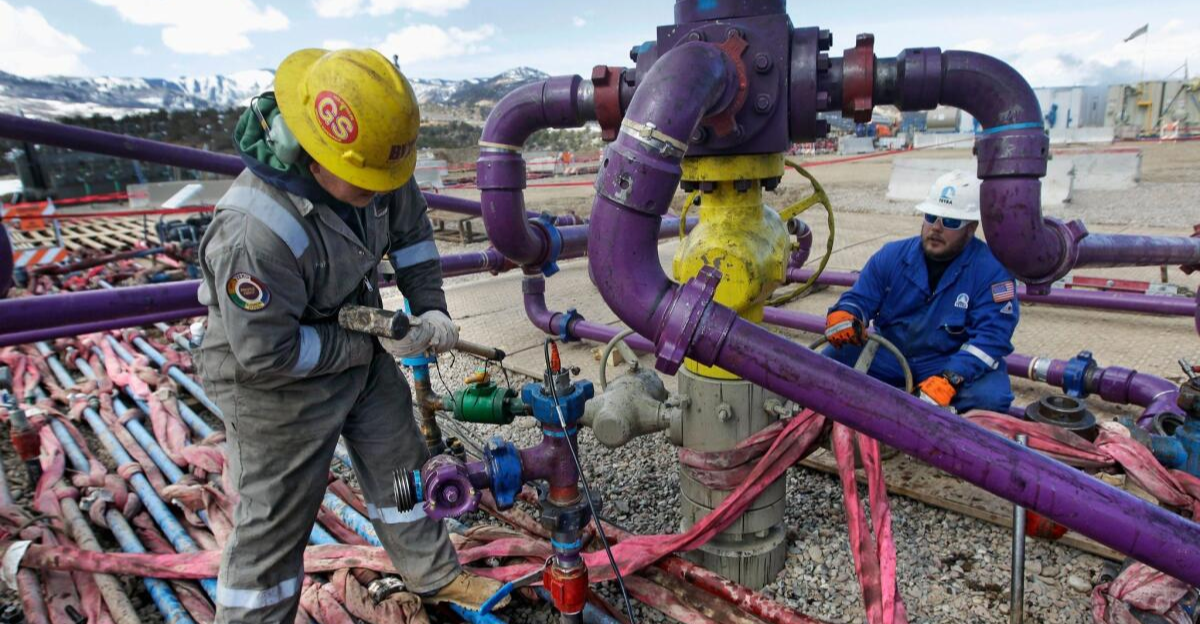
It’s not every day the Justice Department sues states before they file a case. But that’s what happened a few days ago, when the Trump administration took an aggressive legal swing at Michigan and Hawaii—preemptively blocking them from suing fossil fuel companies over climate change.
The move is part of a broader strategy also targeting New York and Vermont’s climate superfund laws. It’s a high-stakes clash between federal power and states’ efforts to hold Big Oil accountable. So what’s really going on here?
A Legal Move No One Saw Coming
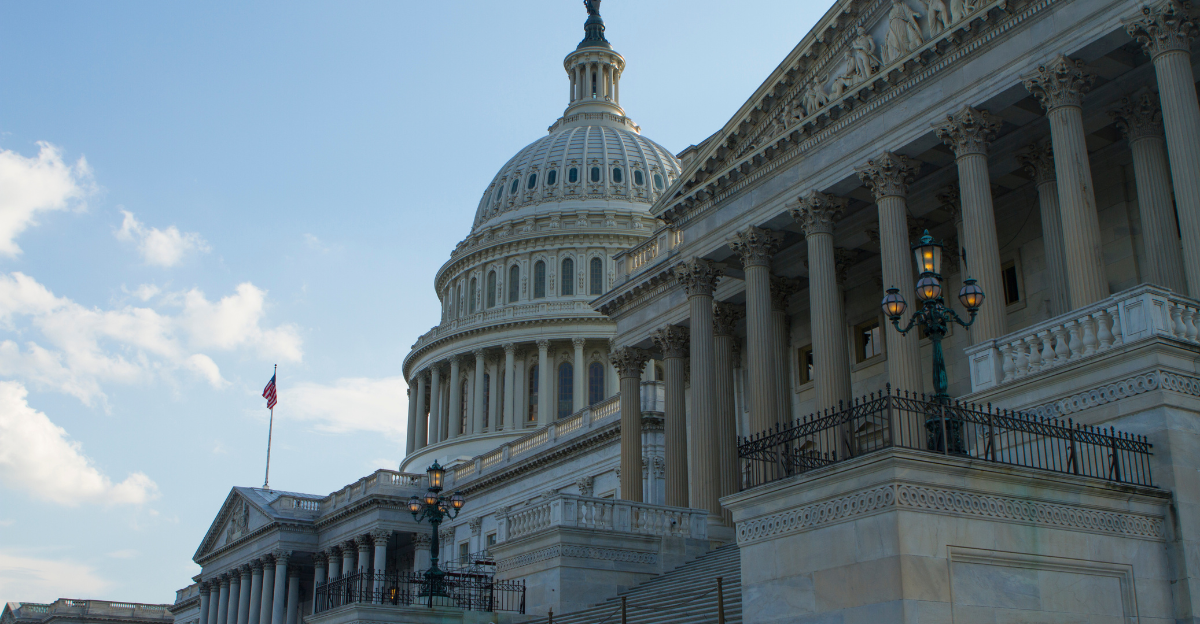
Legal experts are calling the DOJ’s maneuver “highly unusual”—and for good reason. Michigan and Hawaii hadn’t even filed lawsuits yet when the federal government swooped in to block them. The DOJ claims these anticipated suits would improperly interfere with federal environmental policy.
Attorney General Pamela Bondi framed the states’ plans as “ideologically motivated” and harmful to “American energy independence.” The timing? No coincidence. Trump had recently vowed to curb “frivolous environmental lawsuits”—and now he’s making good on that promise.
Michigan’s AG Refuses to Back Down

In 2024, Michigan’s Attorney General Dana Nessel made waves by announcing plans to sue fossil fuel companies for long-term climate harm. Her team began soliciting proposals from firms to build a case, arguing Big Oil knew about climate risks for decades and chose to mislead the public.
When the DOJ sued her state in response, Nessel didn’t flinch. She called the federal lawsuit “frivolous” and “possibly sanctionable,” declaring she was “undeterred” in holding fossil fuel giants accountable.
Hawaii Moves Ahead, Despite Federal Pressure

While Michigan is still building its case, Hawaii decided to move fast. On Thursday, May 1, the state formally sued several fossil fuel companies and the American Petroleum Institute.
Hawaii’s complaint argues the companies violated consumer protection laws and damaged public resources—linking their actions directly to disasters like the 2023 Lahaina wildfire, which killed 102 people.
Governor Josh Green made the stakes clear: “The climate crisis is here, and the costs of surviving it are rising every day. Hawaii taxpayers should not have to foot that bill.”
Legal Experts Sound the Alarm on Preemption Tactics

The DOJ’s preemptive legal strategy raised eyebrows across the legal world. Columbia Law’s Michael Gerrard called it “an intimidation tactic” meant to protect fossil fuel interests. UCLA’s Ann Carlson added that it was “stunningly hypocritical” for the administration to claim states can’t act on climate because the EPA holds that power—while also undermining the EPA’s ability to act. The result? A legal paradox that appears more political than principled.
The Clean Air Act at the Center of the Fight

At the heart of the DOJ’s argument is the Clean Air Act. Federal lawyers say that since the Act gives the EPA power over greenhouse gases, states can’t step in to regulate or litigate these emissions—especially across state lines.
The lawsuits argue state-level climate cases risk disrupting the EPA’s national framework. But critics say this interpretation twists the Clean Air Act into a shield for polluters, rather than a tool for accountability.
A Battle Over State Sovereignty
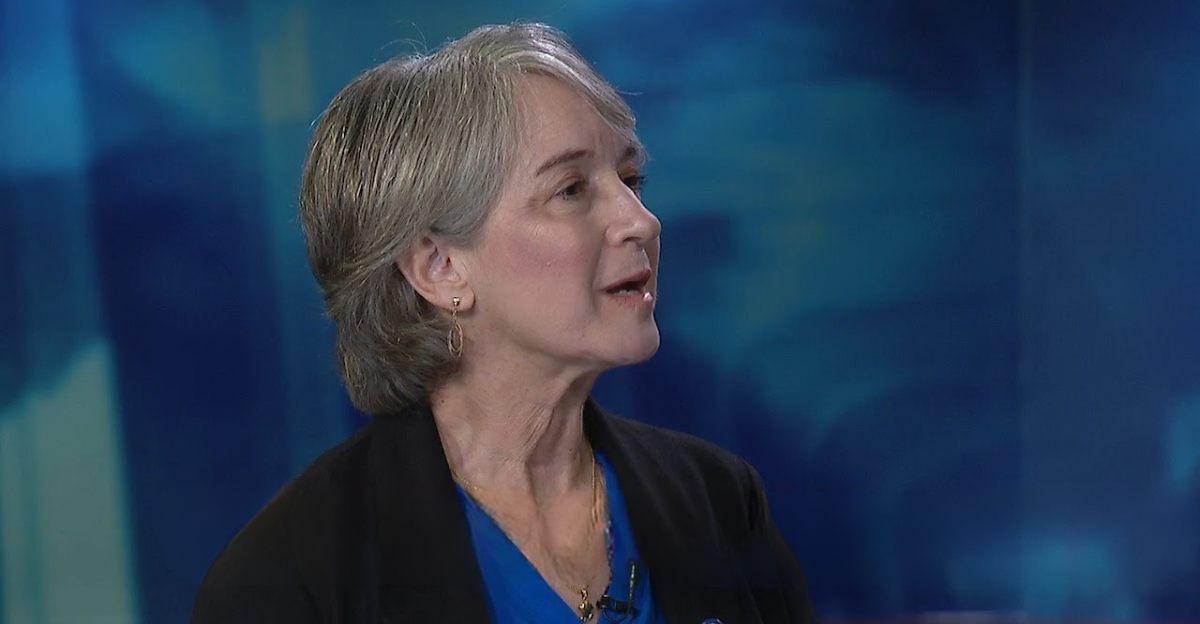
For many, this isn’t just about climate—it’s about state rights. Hawaii AG Anne Lopez slammed the DOJ’s actions as “gross federal overreach,” accusing Washington of trying to override local authority.
Michigan’s Dana Nessel echoed that sentiment, saying the lawsuit was an effort to “preemptively bar” her office from even making its case. Behind the legal jargon lies a basic question: Who gets to decide how communities protect themselves from environmental harm?
Superfund Laws Under Fire in New York and Vermont
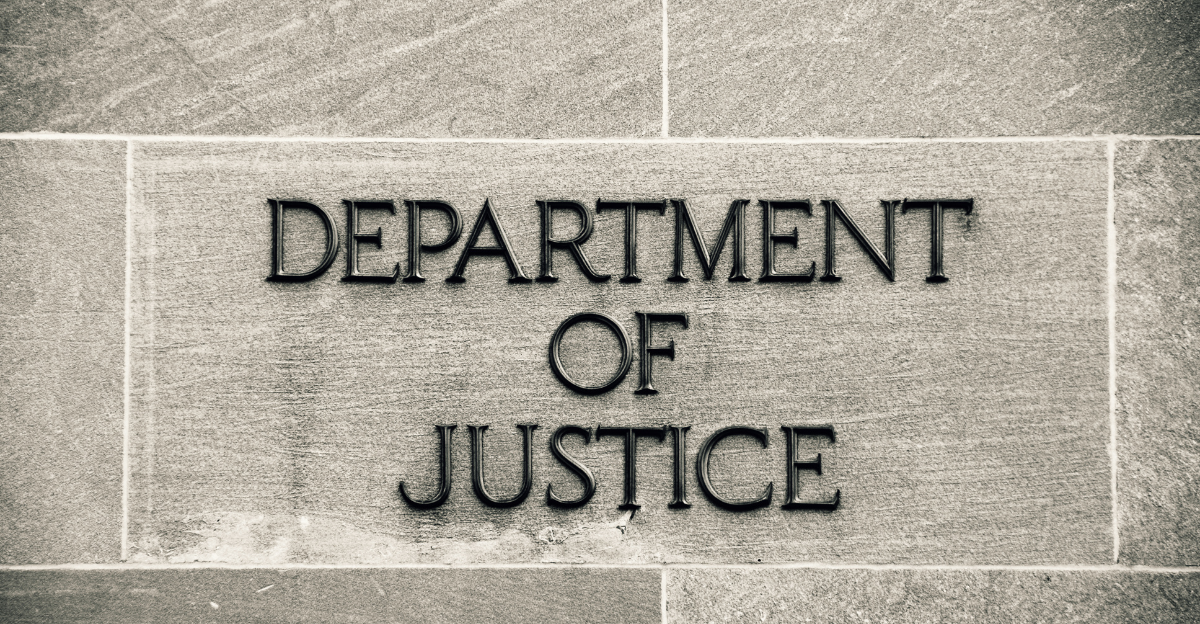
The Justice Department isn’t just targeting lawsuits—it’s going after new laws. New York and Vermont recently passed “climate superfund” legislation, aiming to make fossil fuel companies pay into cleanup and resilience funds. New York’s law alone could seek $75 billion.
The DOJ labeled it a “money grab,” but Governor Kathy Hochul’s office pushed back, saying, “Polluters should pay for the damage—not everyday New Yorkers.” These laws represent a growing effort to link past emissions to present costs.
Fossil Fuel Industry Pushes Back Hard

Oil and gas companies have made their position clear: the courts are the wrong place for climate policy. Shell acknowledged climate action is urgent, but argued these lawsuits are misguided. The American Petroleum Institute went further, calling them “meritless, politicized” attacks on a vital U.S. industry.
Yet over 30 cities, states, and tribes are now suing fossil fuel firms. The question isn’t just whether these suits will succeed—but whether they’ll change how Americans understand climate responsibility.
What This Fight Means for Climate Justice in America
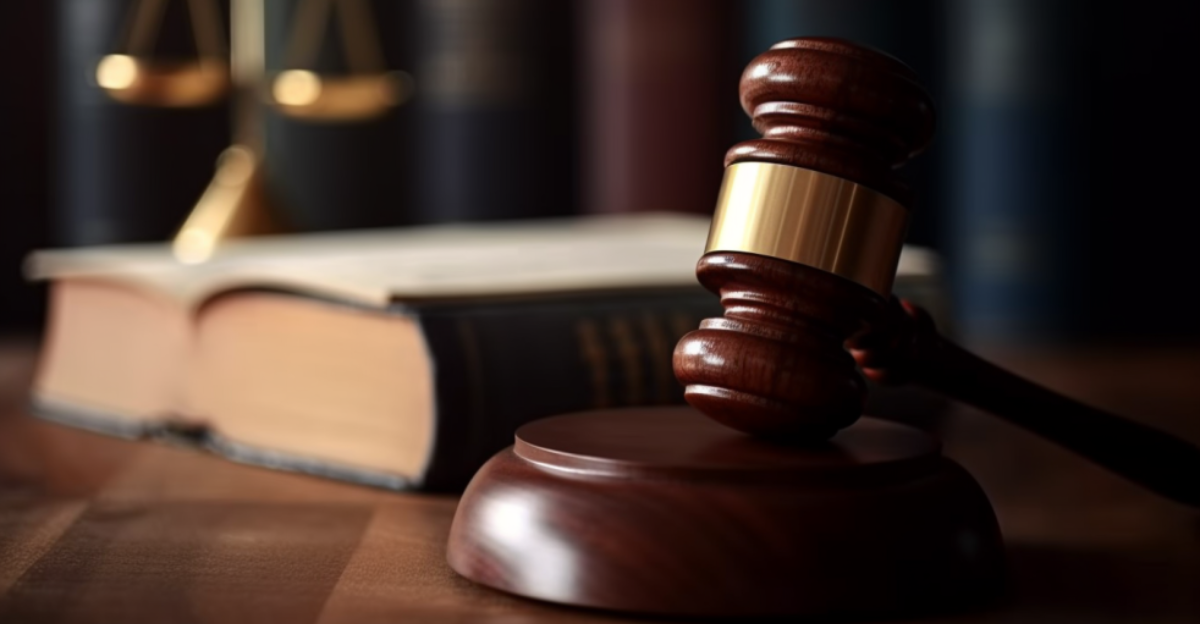
The Justice Department’s sweeping legal strike could reshape how climate accountability works in the U.S. On one side is a federal government defending the fossil fuel industry. On the other are states demanding compensation for environmental damage.
The courts will decide if states retain the power to act—or if federal authority will shield polluters from legal consequence. Either way, this is more than a policy debate—it’s a defining legal moment for the future of climate justice in America.
Explore more of our trending stories and hit Follow to keep them coming to your feed!

Don’t miss out on more stories like this! Hit the Follow button at the top of this article to stay updated with the latest news. Share your thoughts in the comments—we’d love to hear from you!







